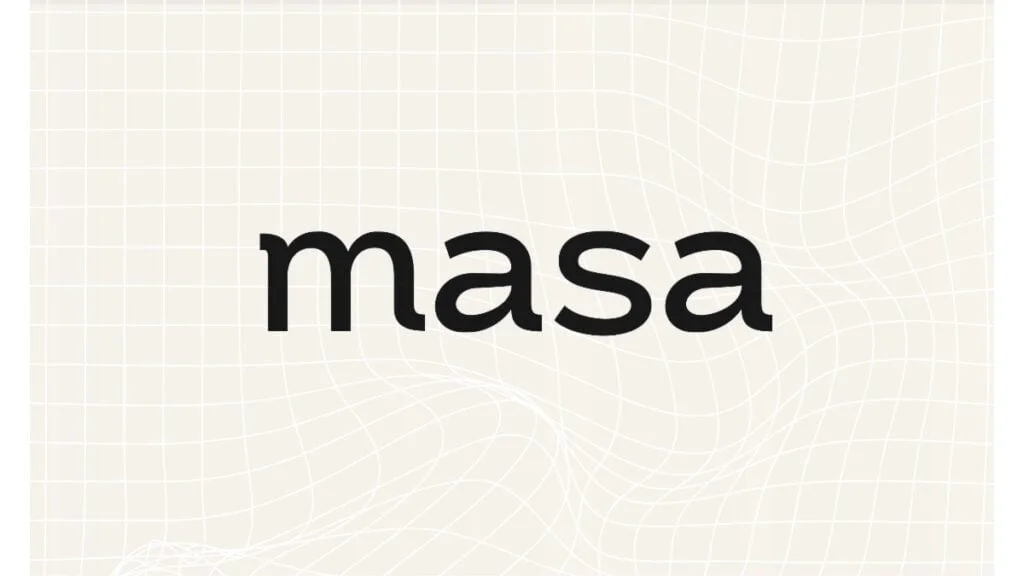Masa Finance announced the launch of their new “Prosperity Passport” user identity solution on the Celo blockchain.

Improving consumer-accessible identification solutions has been a major concern for many in the Web3 community. The introduction of soulbound tokens (SBT) last year gave users a new method to designate themselves.
Despite the SBT buzz dying down in recent months, they are still very much in evidence. Masa Finance, a company that develops the SBT protocol, revealed on March 1 that it would use the carbon-neutral Celo blockchain to build a new identity solution.
A Masa “prosperity passport” will be able to be generated by more than 10 million wallets that are currently engaged in the Celo ecosystem. Users can create a number of SBTs relevant to their digital lives using this new Web3 identity solution, including an authenticated user verification SBT, a credit score SBT, a community reputation SBT, and “celo” domain name SBT.
Nonfungible tokens (NFTs) were the original pioneers for Web3 user customization, according to Masa Finance co-founder Calanthia Mei, while SBTs are the upcoming ground-breaking technology.
“Web3 has a trust issue, and SBTs represent a composable and scalable way to build a trust layer between projects and users, and users amongst each other.”
Access to other services from Celo programs that have integrated the technology, such as microloans and universal basic income, is also provided by the prosperity passport solution. Mei thinks that SBTs’ identity solutions will aid in bringing the subsequent 1 billion genuine consumers to Web3:
“We see SBTs as a way to build bridges for global economies, industries and users to merge with Web3 and truly usher in the new economy.”
The protocol has already produced 250,000 Masa Soulbound IDs and approximately 300,000 Masa, according to the statement. End of 2022 saw the creation of an SBT initiative by MetaMask Institutional, Cobo, and Gnosis DAO that offered users exclusivity and identity verification.
Sumitomo Mitsui, a Japanese financial company, also disclosed in December that it was researching SBTs for social reasons.These new digital assets are considered to be a potential solution for future digital citizenship and identification in the metaverse.
On February 9, the European Commission proposed the use of zero-knowledge proofs for upcoming digital IDs without specifically addressing digital assets.
